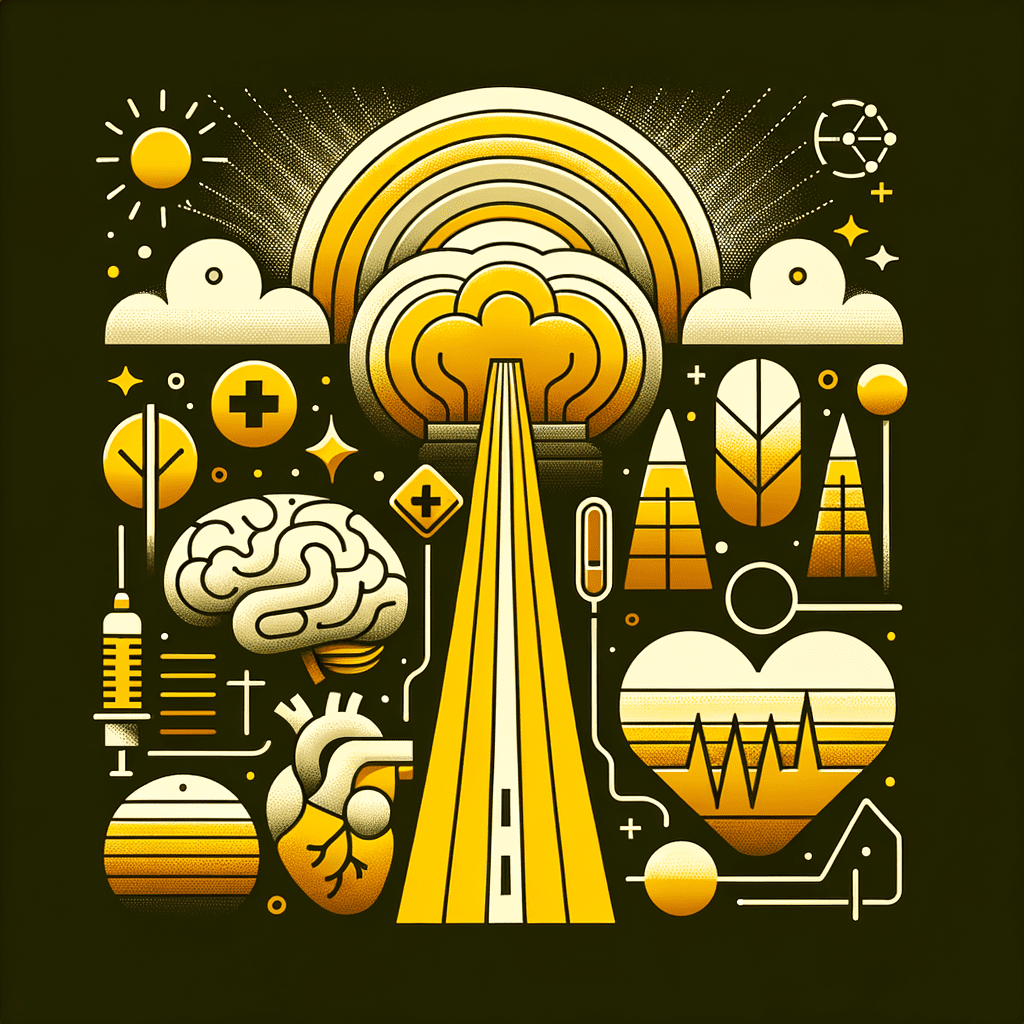Last Updated on August 27, 2025
What Is Addiction?
Addiction is a condition that affects the brain and behavior. It causes someone to be unable to stop using alcohol, drugs, or other substances—even when it harms their health, relationships, or daily life. Over time, addiction can make big changes to how the brain works, leading to intense cravings, lack of control, and unhealthy behaviors.
According to the National Institute on Drug Abuse (NIDA), addiction is known as a chronic, relapsing brain disease. This means it is long-lasting, it can return over time, and it impacts how the brain functions. Addiction isn’t simply a lack of willpower or poor choices—it is a complex medical issue that needs comprehensive care.
Is Addiction a Mental Illness?
Yes, addiction is a mental illness. It changes how the brain works, especially the areas that control judgment, decision-making, learning, memory, and behavior. Like other mental illnesses, addiction results from a combination of biological, environmental, and psychological factors.
The American Psychiatric Association (APA) classifies addiction as a mental disorder in the Diagnostic and Statistical Manual of Mental Disorders (DSM-5). This guide is used by doctors and mental health professionals to diagnose mental health conditions, including substance use disorders.
Here’s something to think about: Treating addiction as simply a habit would be like trying to fix a broken leg with positive thinking. It simply doesn’t work. Addiction needs professional treatment, just like any other mental health issue.
How Mental Illness and Addiction Are Connected
Addiction and mental illness often go hand-in-hand. This is called a co-occurring disorder or dual diagnosis. For example, someone with depression or anxiety may turn to substances to feel better. Over time, this self-medication can turn into an addiction.
On the flip side, using substances can trigger mental health problems or make existing symptoms worse. Both conditions feed off each other, making it hard to break the cycle without treating both at the same time.
A recent report from the Substance Abuse and Mental Health Services Administration (SAMHSA) states that nearly 9.2 million adults in the U.S. live with both a mental illness and a substance use disorder. That’s almost 1 in 20 adults.
Why It Matters to Treat Addiction as a Mental Illness
When people understand addiction as a mental illness rather than a moral failure or personal weakness, it can change how they approach treatment—and recovery. Addiction affects how the brain processes stress, decision-making, pleasure, and impulses, which means the right medical and psychological care is key to long-term success.
Treating addiction as a mental health condition helps people:
- Get personalized therapy that addresses mental and emotional issues
- Treat root causes of the problem, not just the symptoms
- Build healthier coping skills to handle life’s challenges
- Avoid relapse by understanding the triggers and behaviors behind substance use
More importantly, this approach reduces shame and promotes healing. People are more likely to seek help when they know addiction is a treatable condition, not a character flaw.
How Nova Recovery Center Can Help
At Nova Recovery Center, we understand that addiction is a mental illness and should be treated with compassion, science-backed care, and individualized support. Our recovery programs focus on healing the mind, body, and spirit. We offer a supportive environment where individuals can overcome substance use while treating the underlying mental health issues that contribute to it.
Nova Recovery provides:
- Dual diagnosis treatment for co-occurring disorders
- Holistic therapies to address emotional, physical, and psychological healing
- Evidence-based treatments like cognitive behavioral therapy (CBT) and group therapy
- Ongoing recovery support for long-lasting sobriety
We know every person’s journey to recovery is unique. That’s why we tailor treatment to the individual, offering both inpatient and outpatient options depending on your needs.
By treating both addiction and mental illness together, we help our clients achieve real, lasting change.
Common Questions About Addiction and Mental Illness
Can addiction cause mental illness?
Yes, long-term substance use can increase the risk of mental health disorders such as anxiety, depression, or even psychosis. Substances alter brain chemistry, which can lead to serious behavioral and psychological shifts if left untreated.
What is dual diagnosis treatment?
Dual diagnosis treatment is a specialized approach that treats both substance use disorders and co-occurring mental health issues at the same time. It’s vital for long-term recovery since both conditions are often deeply connected.
Is addiction treatable?
Absolutely. With the right combination of medical, psychological, and behavioral health approaches, recovery is possible. Programs like those at Nova Recovery Center provide the supportive structure that people need to heal and regain control of their lives.
Real Stats That Highlight the Importance
- People with a mental illness are twice as likely to struggle with addiction, according to a report by NIDA.
- Nearly 9.2 million U.S. adults experience both a mental illness and a substance use disorder.
- Integrated treatment significantly lowers relapse rates and boosts long-term success.
Start Your Journey to Recovery Today
If you or a loved one is living with a substance use disorder and wondering whether it is linked to mental illness, now is the time to seek help. At Nova Recovery Center, we understand the psychological impact of addiction and provide the support you need to move forward.
Contact our team today or call us directly at (888) 427-4932 to speak with an admissions coordinator. Recovery starts with the right support—let us help you take the first step toward a healthier, addiction-free life.
